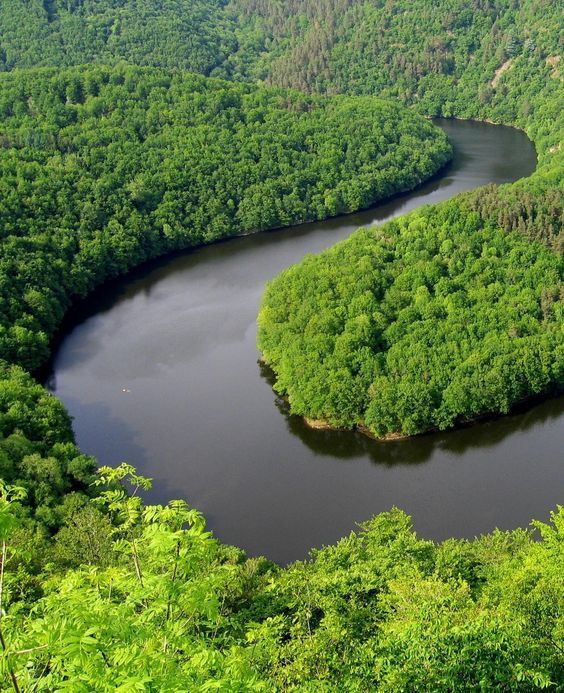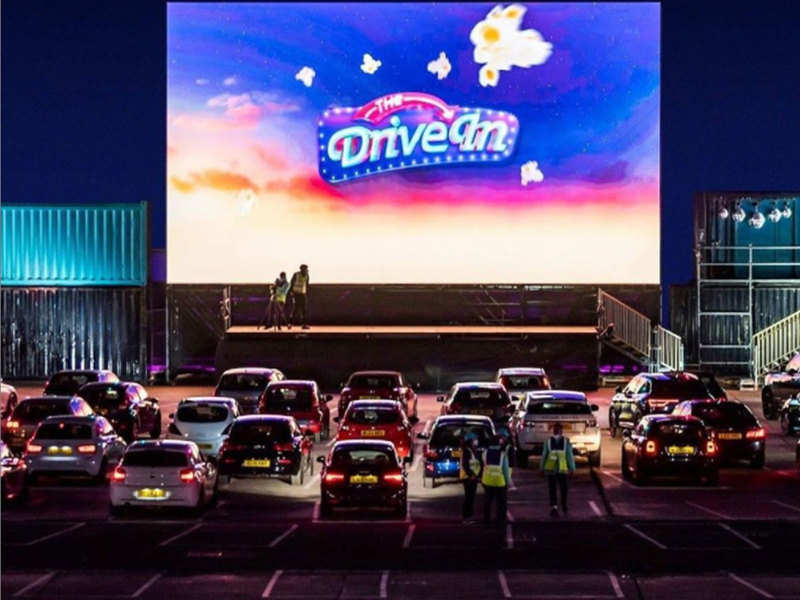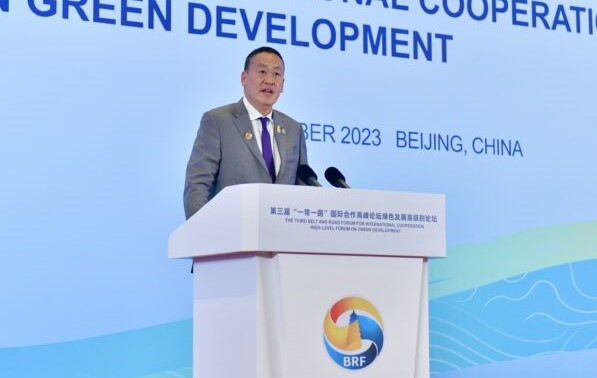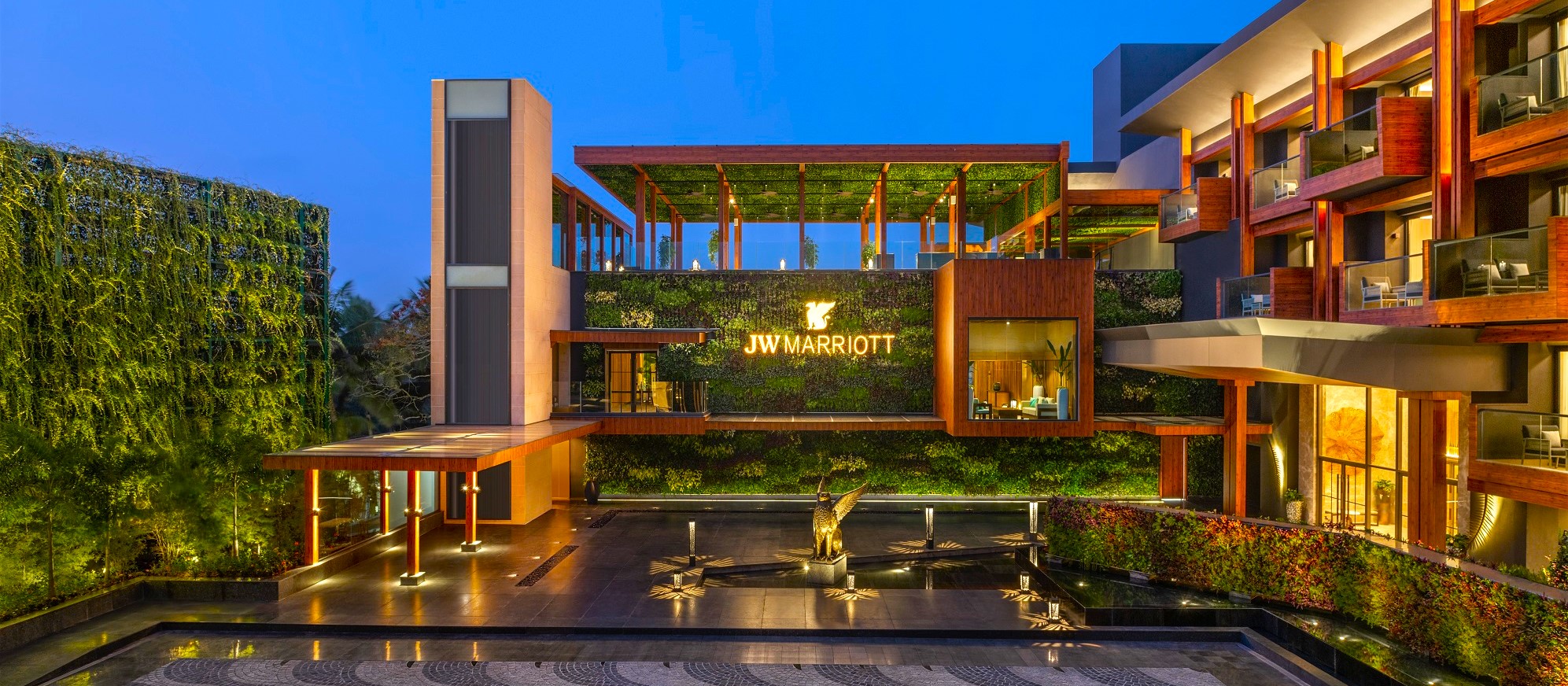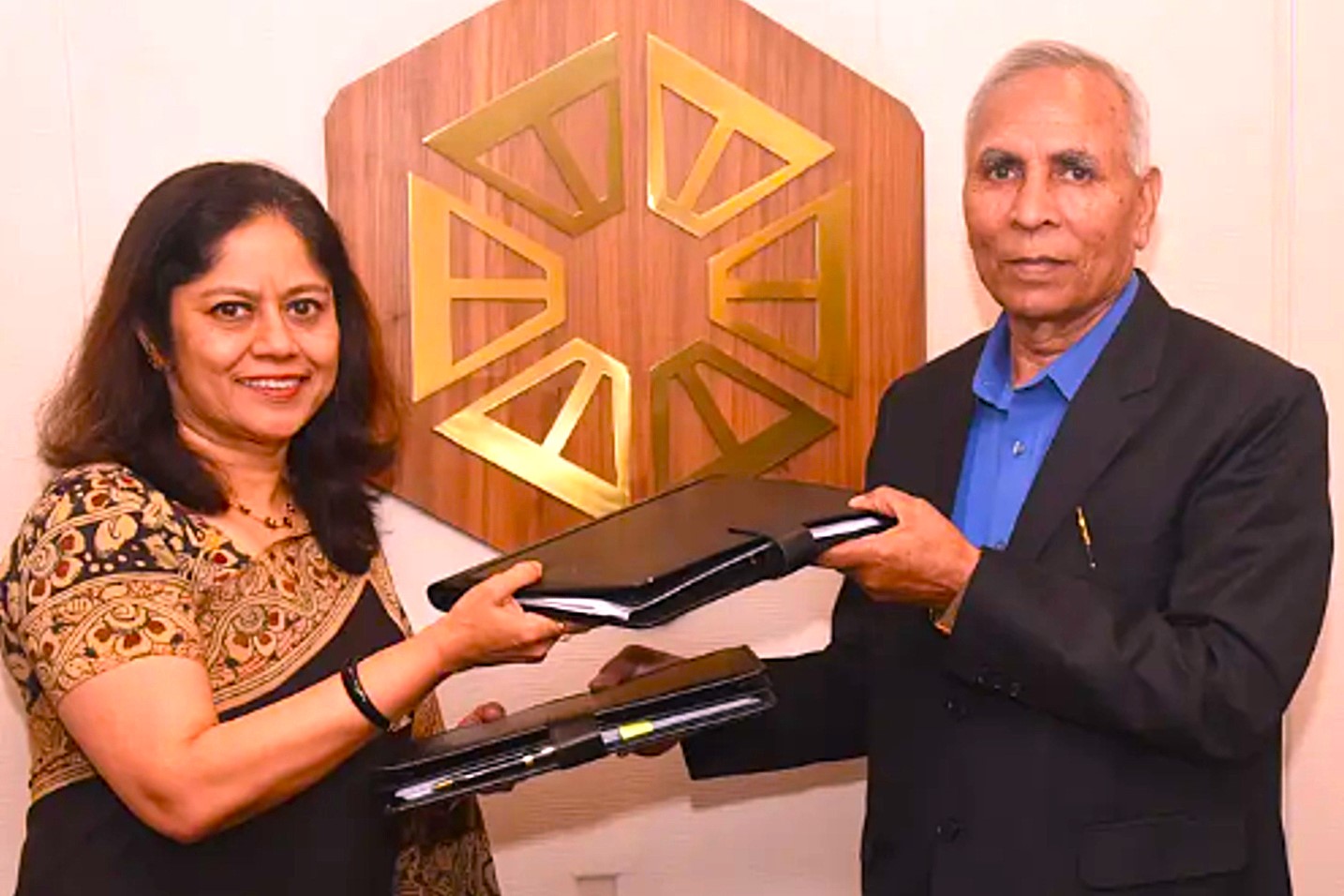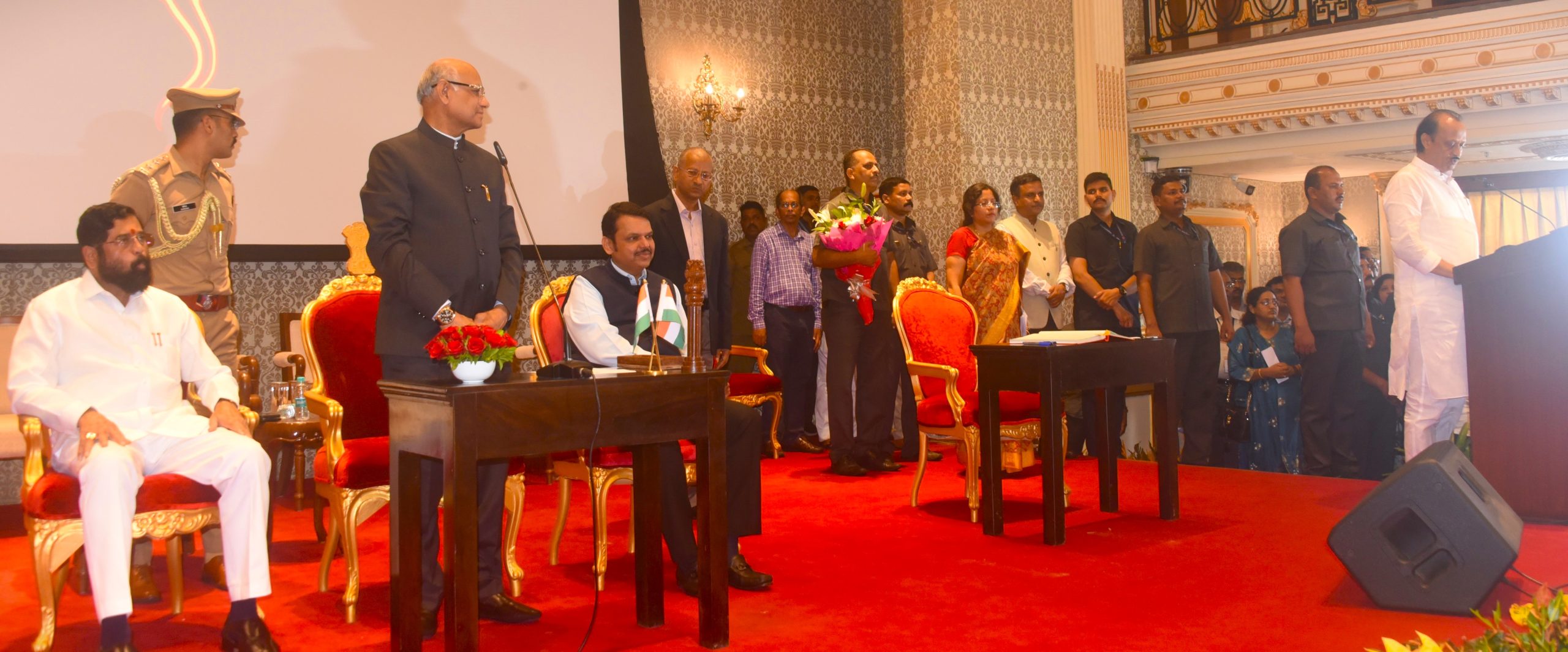By Siddiqah Shaikh
Mumbai, now a bustling commercial hub could have been a place resistant to pollution and richest in greenery due to its abundant Mangrove forests, which are being destructed and destroyed.
The word Mangroves comes from the combination of the Portuguese word ‘Mangue’ and English word ‘Grove’.
It is the vast ecosystem acting as a shield between Land and Sea.
The mangrove trees are salt, tolerant plants that help absorb pollutants and reduce chances of flooding. They also extend their vast lengths of tropical and subtropical forests into the sea.
Mumbai historical records claim that there were several islands around Mumbai during 1670. The British who were ruling in 1670 identified the importance of these islands as a commercial purpose and deforested the Mangroves; They retrieved the Island is one continuous land termed as ‘The Great Bombay’.
One Little change by outsiders and still, we follow their footsteps by blind siding the luxuriant Mangroves and deforesting them.
Have you ever wondered how Great Bombay would actually look if our rich green Mangroves would still be vigourous to this day?
Despite the cruelty the Mangroves have faced till now, they are still being threatened by rapid urbanisation pressures.
Developments like housing, industrialisation, pollution and increasing population have extensively resulted in the degradation of mangrove forests.
Industrial pollution of harmful chemicals and urban development for real estate and infrastructure also play a crucial role in their degradation along with lack of planning, enforcement etc.
While all these play a significant role in mangrove destruction, addressing this issue requires a collaborative effort to promote sustainable practises, enforce regulations, etc.
Since we’re aware that restoring and protecting mangrove forests can significantly enhance Mumbai’s resilience to pollution and natural disasters;
Protection of these mangrove forests is only possible through participation of local communities and building pressure groups for ensuring management of this ecosystem and strict implementation of the legal provisions by the government.
We must Lead a Change For the Betterment

Siddiqah Shaikh

